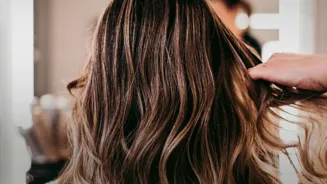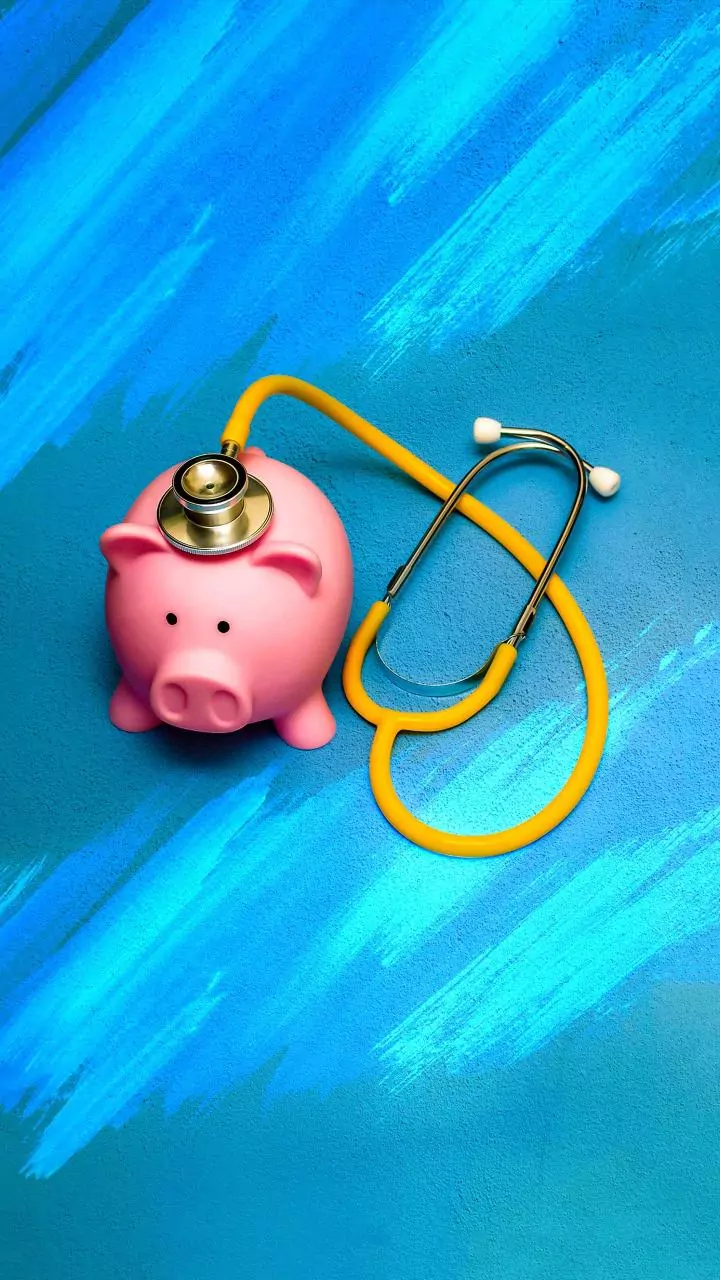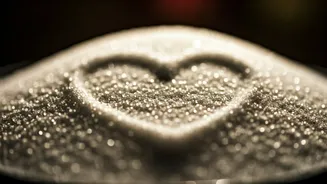Discover 5 hair care mistakes to avoid for healthier locks. Learn tips for stronger, shinier hair. Read more!
Namaste, folks! We all dream of those long, luscious locks that shine like a Diwali diya. But
sometimes, despite our best intentions, we end up doing things that actually harm our precious hair. Let's face it, hair care can be a bit of a maze, with so many products and tips floating around.
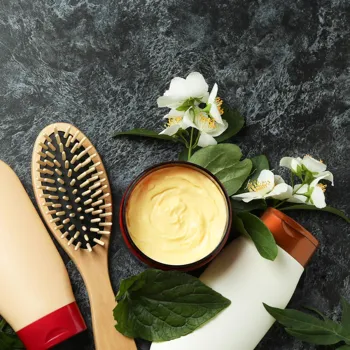
But don't worry, we're here to help you navigate through it all. Today, we're going to talk about five common hair care mistakes that many of us make without even realizing it.
Avoiding these blunders can make a huge difference in the health and appearance of your hair, making it stronger, shinier, and simply more beautiful. So, put down that hair dryer for now, and let's get started!
Over-washing can damage hair by stripping natural oils
One of the biggest culprits for damaged hair is over-washing. It might seem counterintuitive – after all, we associate washing with cleanliness – but washing your hair every single day can strip it of its natural oils.
These oils, called sebum, are essential for keeping your hair moisturized and protected. When you wash too frequently, you're essentially washing away these natural defenses, leaving your hair dry, brittle, and prone to breakage.
Think of it like this: your hair needs these oils to stay healthy, just like your skin needs moisturizer. Stripping them away constantly weakens the hair shaft. For many people, washing every other day or even just two or three times a week is sufficient.
The key is to find the right balance for your hair type. If you have oily hair, you might need to wash more frequently, but if you have dry hair, you can probably get away with washing less often. Using a gentle, sulfate-free shampoo can also help minimize damage.
And on days when you don't wash, dry shampoo can be your best friend for absorbing excess oil and keeping your hair looking fresh.
Handle wet hair gently to prevent breakage and damage
Another common mistake is being too rough with your hair when it's wet. Wet hair is significantly weaker and more prone to breakage than dry hair. When your hair is wet, the cuticle, or outer layer, is raised, making it more vulnerable to damage.
That's why it's crucial to handle your hair with extra care after you shampoo. Avoid vigorously towel-drying your hair. Instead, gently pat it dry with a soft towel or use a microfiber towel, which is more absorbent and less abrasive.
Never brush your hair when it's soaking wet, as this can cause serious breakage. If you need to detangle your hair, use a wide-tooth comb and work your way up from the ends, gently loosening any knots.
Applying a leave-in conditioner before detangling can also help to make the process smoother and less damaging. Remember, patience is key when dealing with wet hair! Taking your time and being gentle will pay off in the long run.
Heat styling tools can damage hair; use with caution, protect with spray, limit use, embrace natural texture
Heat styling tools like hair dryers, curling irons, and straighteners can be incredibly damaging to your hair if used improperly or too frequently. The high heat can strip away moisture, leading to dryness, breakage, and split ends.
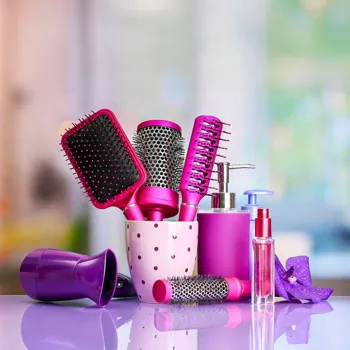
While it's tempting to use these tools to achieve your desired hairstyle, it's important to remember that moderation is key. Before using any heat styling tool, always apply a heat protectant spray to your hair. This will create a barrier between the hair and the heat, minimizing damage.
Use the lowest heat setting possible to achieve your desired style, and avoid holding the tool in one place for too long. Give your hair a break from heat styling at least a few times a week to allow it to recover.
Embrace your natural hair texture whenever possible, and explore heat-free styling methods like braids, buns, and rollers. Your hair will thank you for it!
Using the right hair products is crucial for your hair type
Using the wrong hair products for your hair type can be just as detrimental as using excessive heat. What works for your friend might not necessarily work for you. It's important to understand your hair type – whether it's oily, dry, fine, thick, curly, or straight – and choose products accordingly.
Using heavy products on fine hair can weigh it down and make it look limp, while using lightweight products on thick hair might not provide enough moisture. Read product labels carefully and look for ingredients that are specifically formulated for your hair type.
Don't be afraid to experiment with different products until you find what works best for you. And remember, just because a product is expensive or heavily advertised doesn't necessarily mean it's the right choice for your hair.
Consider consulting a hair stylist for personalized product recommendations.
Regular trims are crucial for healthy hair growth
Neglecting regular trims is a cardinal sin when it comes to hair care. Even if you're trying to grow your hair long, skipping trims can actually hinder your progress. Split ends not only look unsightly, but they can also travel up the hair shaft, causing further damage and breakage.
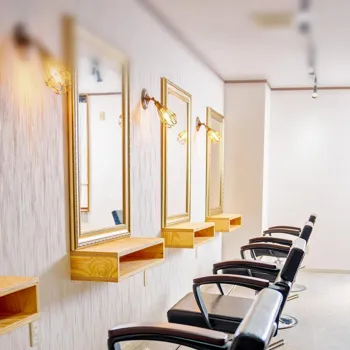
Regular trims remove these split ends, preventing them from spreading and keeping your hair healthy and strong. Aim to get a trim every 6-8 weeks, depending on your hair type and how quickly it grows. Even a small trim can make a big difference in the overall health and appearance of your hair.
Think of it like pruning a plant – it encourages new growth and keeps the plant looking its best. So, don't be afraid to snip away those split ends!
Balanced diet and stress management for healthy hair
Finally, remember that healthy hair starts from within. A balanced diet rich in vitamins and minerals is essential for strong, healthy hair. Make sure you're getting enough protein, iron, zinc, and omega-3 fatty acids. These nutrients play a vital role in hair growth and overall hair health.
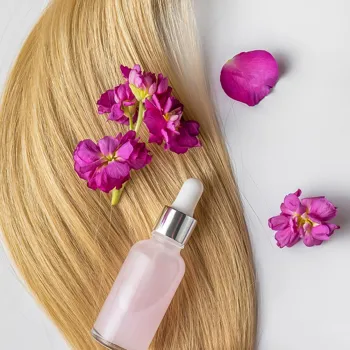
Drink plenty of water to keep your hair hydrated from the inside out. Stress can also take a toll on your hair, so find ways to manage stress through exercise, meditation, or spending time with loved ones.
Addressing any underlying health issues that might be affecting your hair, such as thyroid problems or iron deficiency, is also crucial. Taking care of your overall health will undoubtedly reflect in the health and appearance of your hair.
So, nourish your body, mind, and hair, and get ready to flaunt those beautiful, healthy strands!
